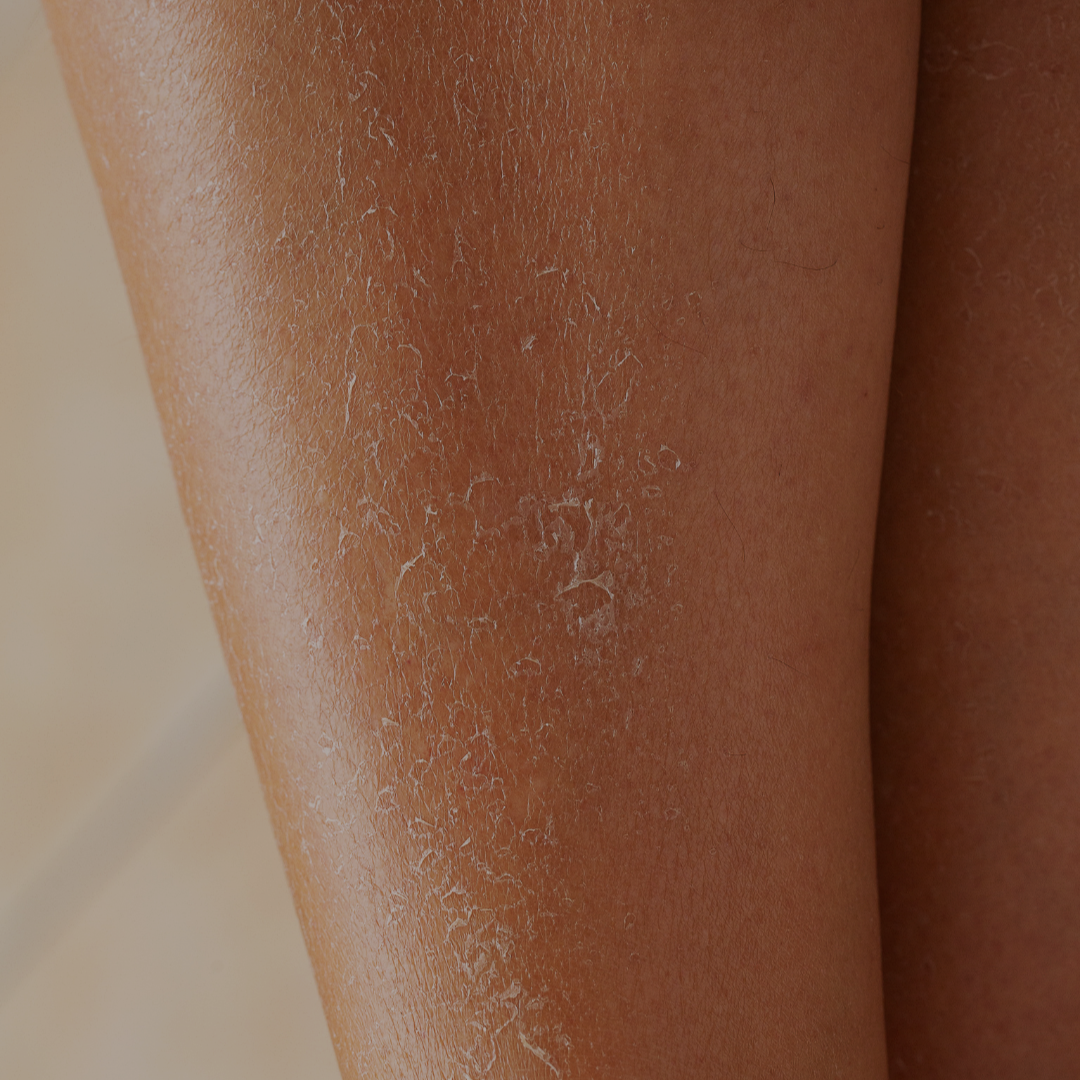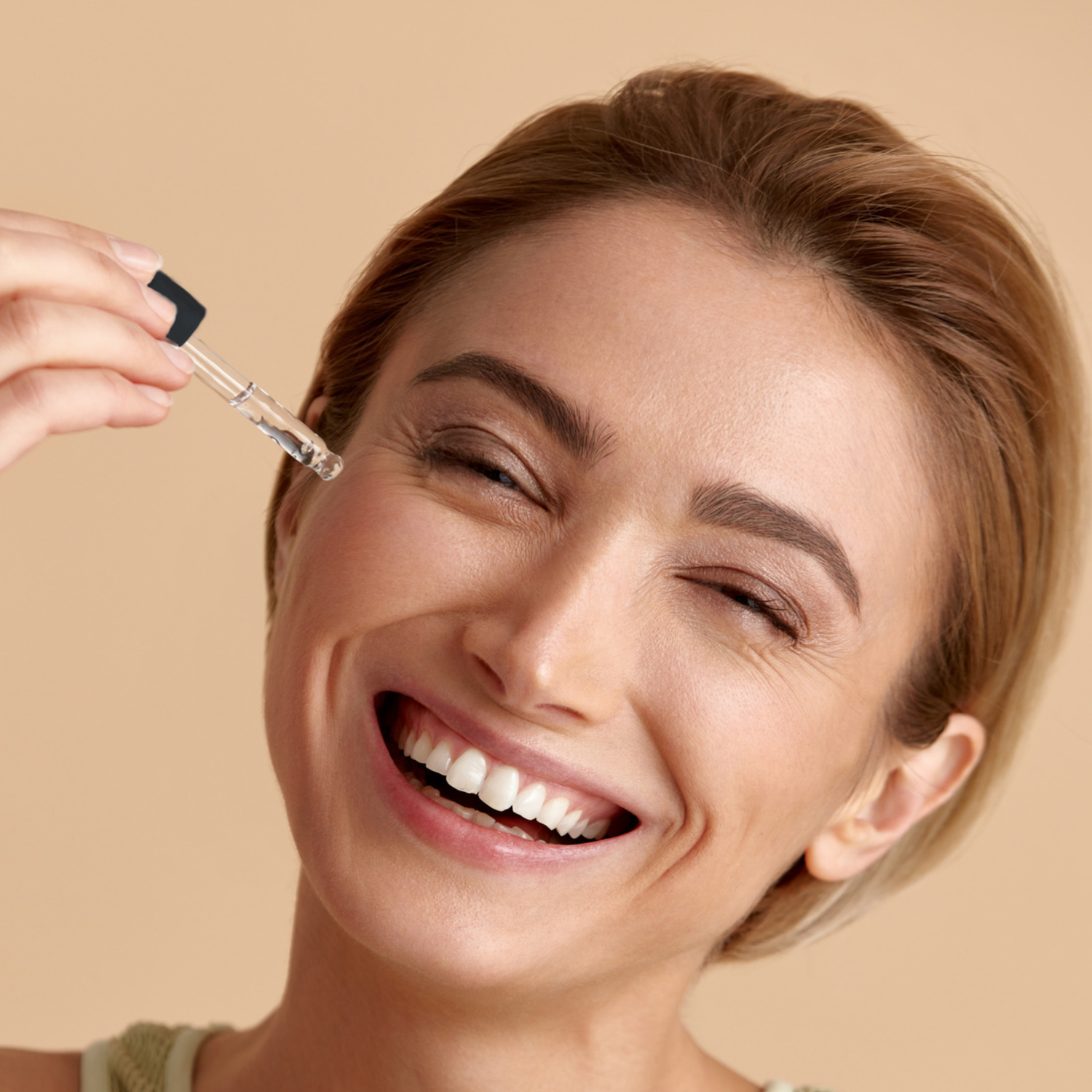The power of the pomegranate
Known since ancient times for its medicinal and beauty benefits, the pomegranate is a symbol of wealth and abundance in many cultures. Modern scientific studies suggest that this red fruit, with its juicy pips, may also have a wealth of health benefits.
Pomegranate, Punica granatum L. (Punicaceae), as a medicinal and nutritional ancient fruit, has an outstanding medicinal history all over the world. The juice, leaf, flower and peel of the pomegranate have powerful antioxidant properties.
What is in pomegranate seed oil?
- vitamin E
- antioxidants
- B vitamins
- punicic acid
- polyphenols
How is pomegranate seed oil made?
The name "pomegranate" derives from the Middle French pomme garnete or "pitted apple". The pomegranate is believed to have originated in Iran, then known as Persia.
It is a fruit mentioned in Greek legends and the most important ancient texts. Pomegranate trees have been growing since 4000 BC. on earth. Originally from the Mediterranean region, they were cultivated further east in Iran and India and later in southern Europe. Pomegranate trees can also thrive in the United States, especially in drier climates.
To obtain pomegranate seed oil, the ripe seeds are cold-pressed to preserve the quality of the nutrients and vitamins. The end result is an odorless oil with a thin, liquid consistency that can be pale or slightly amber in color.
What can pomegranate seed oil be used for?
Pomegranate seed oil is considered a true beauty elixir and can help care for your skin. Pomegranate seed oil is said to have anti-aging, antimicrobial and moisturizing properties. It is ideal for facial care.
How does pomegranate seed oil affect the skin?
Based on its antioxidant, anti-inflammatory, and moisturizing properties, you may have guessed that pomegranate seed oil is a powerful anti-aging ingredient. Antioxidants like vitamin A (or retinol) and vitamin C (or ascorbic acid) fight free radicals and reduce fine lines and wrinkles.
Anti-aging with pomegranate seed oil
Pomegranate Seed Oil provides regenerative, anti-inflammatory, antioxidant and anti-aging properties that promote plump, glowing skin. Antioxidants like the B vitamins found in pomegranate work by reducing cell damage in your body. Other notable compounds are tannins, ellagitannins, and anthocyanins. Pomegranate seeds have ethnomedical indication and high content of conjugated α-linolenic acids (CLn). Pomegranate seed oil (PSO), high in punicic acid (PA), a conjugated isomer of α-linolenic acid, has a variety of pharmacological properties.
Reduction of redness or skin inflammation with pomegranate seed oil
Reducing free radical damage can also lead to a reduction in inflammation in the skin. For example, antioxidants can reduce the symptoms of certain inflammatory skin diseases such as acne and eczema. As an anti-inflammatory, pomegranate seed oil is said to have an affinity for reducing redness or dry, flaky skin, thanks largely to its high concentration of omega-6 fatty acids oleic, linoleic, and palmitic acids.
Pomegranate seed oil against skin impurities
Pomegranate is believed to contain natural antimicrobial agents that can help fight bacteria and fungi in your skin. These benefits can help treat bacteria that can be a precursor to acne breakouts.
With its unique molecular structure, pomegranate seed oil is able to penetrate deep into the skin and hair and provide intensive moisture. Thanks to these skin-softening and moisturizing nutrients, pomegranate seed oil can be especially helpful for people suffering from acne, eczema, and psoriasis. If your skin is a little drier or rougher than usual, or if you have scars or hyperpigmentation, pomegranate seed oil can provide relief.
UV protection thanks to pomegranate seed oil?
The antioxidants in pomegranate are also said to help provide natural protection against ultraviolet (UV) rays, according to some studies. However, this protection is not enough to make you do without your daily sunscreen!
Antimicrobial Benefits of Pomegranate Seed Oil
Pomegranate seed oil can soothe blemishes and support wound healing without leaving spots or scars. This is mainly due to the content of punicic acid, which reduces the breakdown of collagen fibers and evens out skin tone. It also has anti-inflammatory properties that can help treat inflammatory skin diseases.
Antibacterial properties. It has been used to speed healing and prevent bacterial infections by applying to open wounds twice a day.
The most important properties of pomegranate seed oil
- antioxidant
- anti-inflammatory
- nephroprotective
- hepatoprotective
- neuroprotective
- strengthening the immune system
- promoting carbohydrate metabolism
That being said, pomegranate seed oil is packed with other omega fatty acids that are said to have a range of abilities ranging from softening the skin to relieving acne and removing sebum from our pores.
Application
You can include pomegranate seed oil in your daily beauty routine. It is suitable as a care and strengthening agent for dry and mature skin. Sensitive, atopic or eczema-prone skin will also benefit from the oil's anti-inflammatory and nourishing properties.
You can either apply pomegranate seed oil pure and massage it in carefully, or you can use special care products that contain pomegranate seed oil.
Regular exfoliation helps get rid of dead skin cells, which reduces the signs of acne and aging. It is believed that these benefits are directly related to the use of the slightly crushed seeds of the pomegranate fruit.
When you feel your skin needs a refreshing, revitalizing boost, our Garden of Oils Pomegranate Face Oil can nourish the skin on your face.
Important instructions
Only suitable for external care use and for healthy skin. If you have sensitive skin, it is advisable to test the oil on a small area of skin first and observe the skin reaction.




